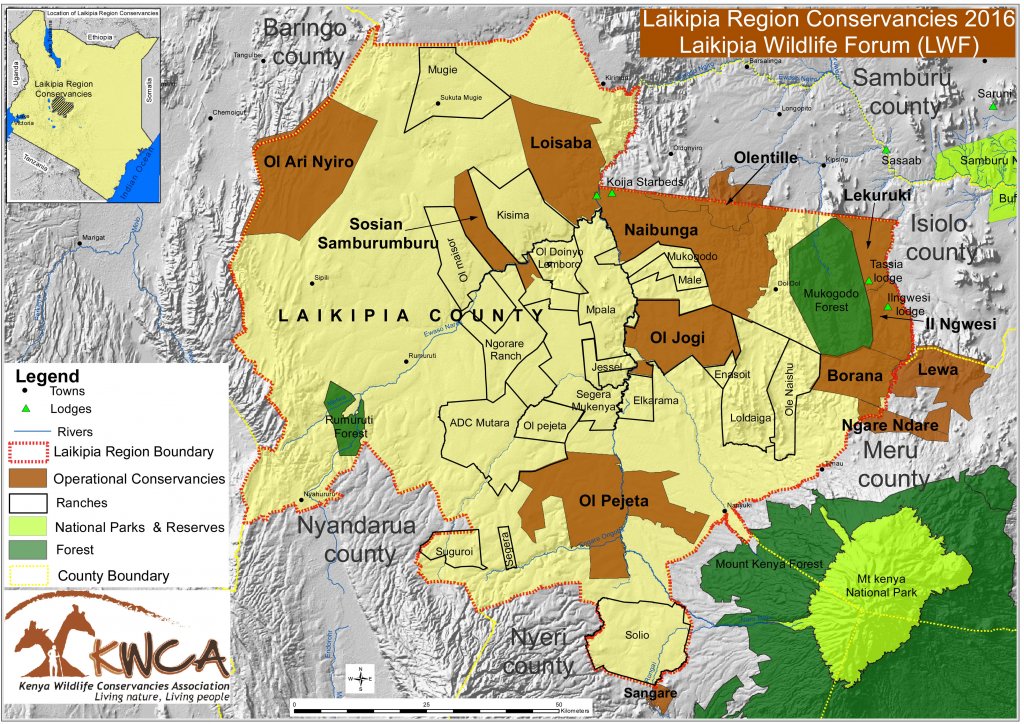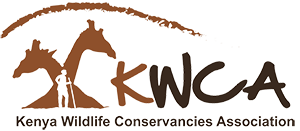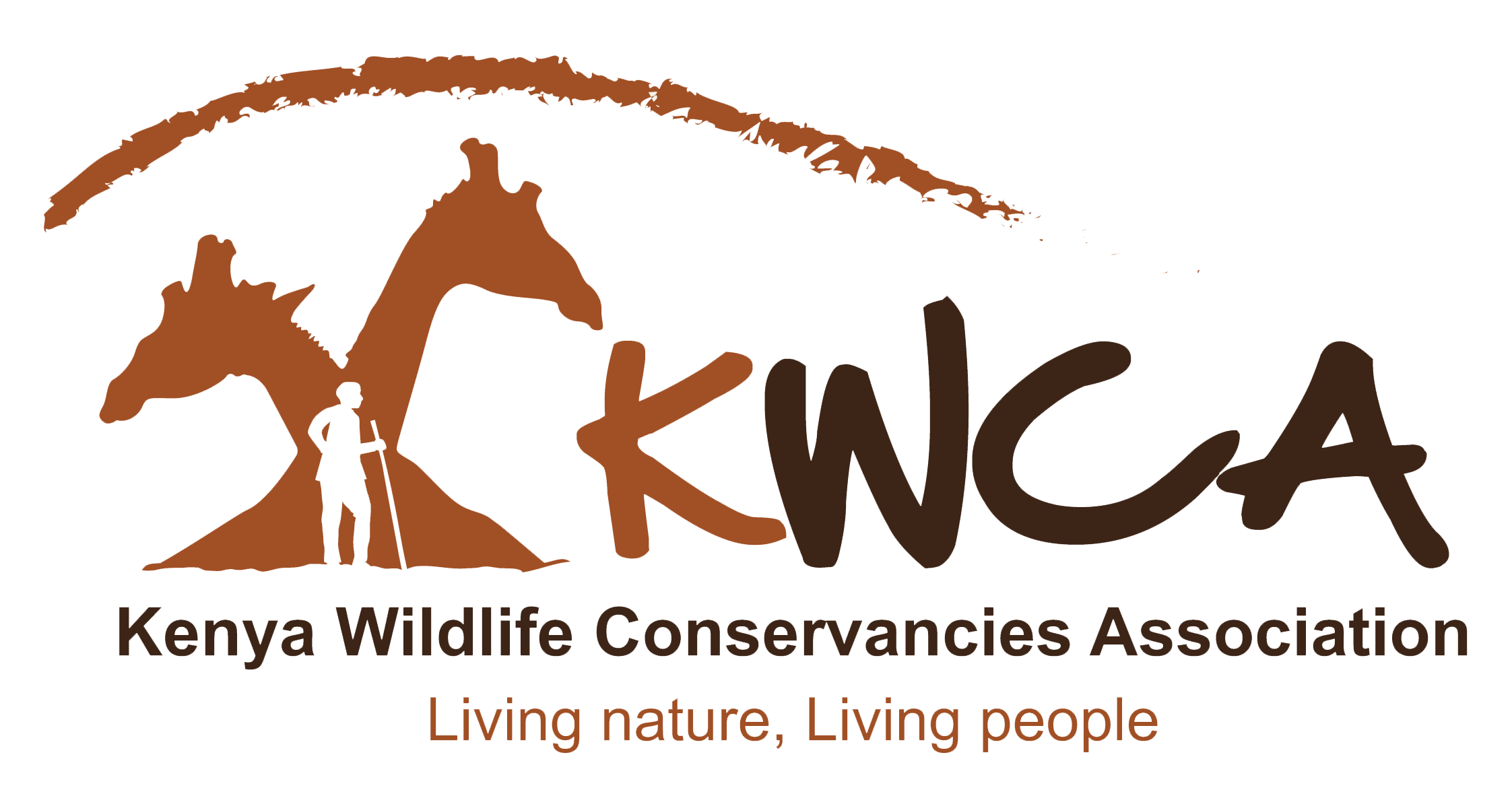
Association Summary
The Laikipia Wildlife Forum (LWF) was established in 1992, to work with landowners, non-profits and local government to advocate for natural resource management. The organization works with Community Forest Associations, Water Resource User Associations, Wildlife Clubs and Conservancies. Their model advocates for the security of tenure and property rights, to promote sustainable and wise land use. They work to bring sound technical solutions to common land use and conservation challenges, and aim to link public and private services and funding to Laikipian needs
Association Details
Name: Laikipia Wildlife Forum
Size: 232,854 Ha
No. of Households: 11, 919
No. Of Conservancies: 13
No. of Scouts: 431
No. Of Staff: 0
- Borana Conservancy
- Laikipia Nature Conservancy (Ol Ari Nyiro)
- Lewa Conservancy
- Loisaba Wilderness
- Mpala Ranch
- Kenya Game Ranch
- Mugie Conservancy
- Ol Jogi ltd
- Ol Pejeta Conservancy
- Ol-Lentile Conservancy
- Sangare Ranch
- Segera
- Sossian Samburumburu
LWF has established an innovative conservation education and citizen science program in 10 of its conservancies. The Wild Class program offers and enterprise opportunity for conservancies to benefit from conservation-education learning provided to paying middle class youth. The youth also have an opportunity to sponsor a pupil from an area school for the program.
According to the recent Grevy’s Zebra rally, over 50% of the national Grevy population is found in Laikipia county. The county was the cornerstone for the Great Grevy’s Rally that established a scientifically supervised engagement of the public to inform a complete census of the endangered Grevy Zebra in Kenya. 40,000 photos of which 15,000 were usable were analyzed by the IBEIS/ WILDBOOK system developed by Princeton University and piloted for the first time at this scale in Kenya. A total of 2,250 Grevy’s Zebra were counted in the census, with a total estimated population being determined at 2,350.
Laikipia County without any parks and reserves also boasts of the following:
- Hosts approximately 250 (15%) of Kenya’s Lion population and possibly the only stable population in the country.
- Harbors Kenya’s highest population of the African Wild Dogs of 200 individuals in 17 packs, the 6th largest in the world.
- Thought to harbor the 3rd largest cheetah population in the wild.
- Laikipia is one of the 3 most important areas for carnivore conservation in Kenya.
LWF coordinates national governments, non-profits, researchers and landowners to communicate the best conservation approaches for wildlife monitoring, distribution and security.
To maintain the integrity of the landscape, LWF is working on Holistic Management (HM) that focuses on planned and bunched grazing. Planned grazing activities allocate wet and dry season grazing plans, allowing time for the land to rest and regenerate between seasons. It also allows for maximum production. Bunched grazing in turn constraints cattle within a region. The beating of the hooves breaks the topsoil and to implant seed from manure and integrate the manure as a fertilizer.
Through the Mount Kenya – Ewaso partnership, LWF facilitates the monitoring and use of water within the catchment area. They work with local Water Resource and Users Association to allocate water use and management plans, while also assessing infrastructure capacity needs and establishing development plans. It facilitates with 29 partners, from water users, commercial enterprises to donors on managing the watershed.
2030 WATER RESOURCES GROUP is unique public-private-civil society collaboration. It facilitates open, trust-based dialogue processes to drive action on water resources reform in water stressed countries in developing economies. The ultimate aim of such reforms and actions is to close the gap between water demand and supply by the year 2030.
NEMA is the principal instrument of government in the implementation of all policies relating to the environment.
County Government of Laikipia’s mandate is to promote, foster and protect democracy and accountability for self-governance with respect to the rich diversity for development and accessibility of services.
Rural Focus has adopted an efficient, adaptable, and business oriented approach, which is consistent with the Rural Focus philosophy of professional integrity, good governance, innovation and sustainable resource use.
Space for Giants protects Africa’s elephants from immediate threats like poaching while working to secure their habitats forever in landscapes facing greatly increasing pressures.
National Drought Management Authority vision is to build a safer and disaster resilient India by a holistic, pro-active, technology driven and sustainable development strategy that involves all stakeholders and fosters a culture of prevention, preparedness and mitigation
Northern Rangelands Trust’s mission is to develop resilient community conservancies, which transform people’s lives, secure peace and conserve natural resources. It does this in a number of ways.
Kenya Forest Services conserves, develops and sustainably manages forest resources for Kenya’s social-economic development.
Centre for Training and Integrated Research in ASAL Development is concerned with research and training to design strategies for sustainable development, promote land use planning for sustained livelihood and optimal resource use, foster sustainable resource use and management for improved productivity and promote non-farm, non-pastoral enterprises, infrastructure and related services.
African Conservation Centre is dedicated to the development of African Conservation excellence. ACC places emphasis on a three-tier approach of integrating Knowledge, Environment and Livelihoods in resolving principal problems facing Biodiversity Conservation in East Africa.
Kenya Wildlife Services conserves and manages Kenya’s wildlife for the Kenyan people and the world.
Zeitz Foundation mission to create and support sustainable, ecologically and socially responsible projects and destinations around the world to achieve long-lasting impact and sustainability through the holistic balance of Conservation, Community, Culture and Commerce (the 4Cs) in privately managed areas.
East African Wildlife Society is a membership-based public benefit organization that seeks to enhance the conservation and wise use of the environment and natural resources in the East African region.
Permaculture Research Institute offers advise and information on establishing a Permaculture Educational Demonstration sites, which operate as education centers that seek to replicate themselves across their respective surrounding regions.
African Wildlife Foundation together with the people of Africa, works to ensure the wildlife and wild lands of Africa will endure forever.
Mpala Research Centre (MRC) receives hundreds of students, educators, and scientists from around the globe each year, conducting research on everything from parasites to elephants. The unique set up of Mpala allows for researchers to use the land as a ‘living laboratory’ in which to conduct experiments and answer pressing questions on conservation and wildlife.

